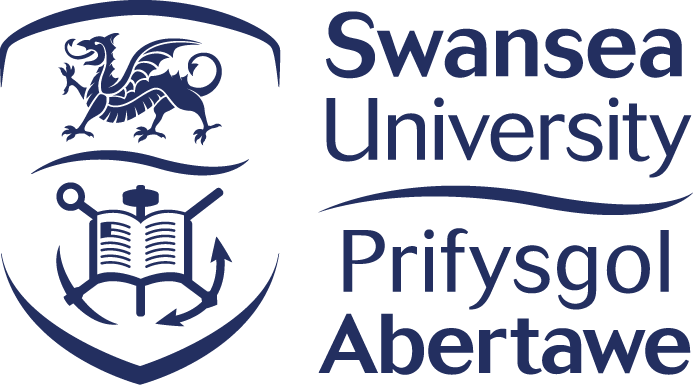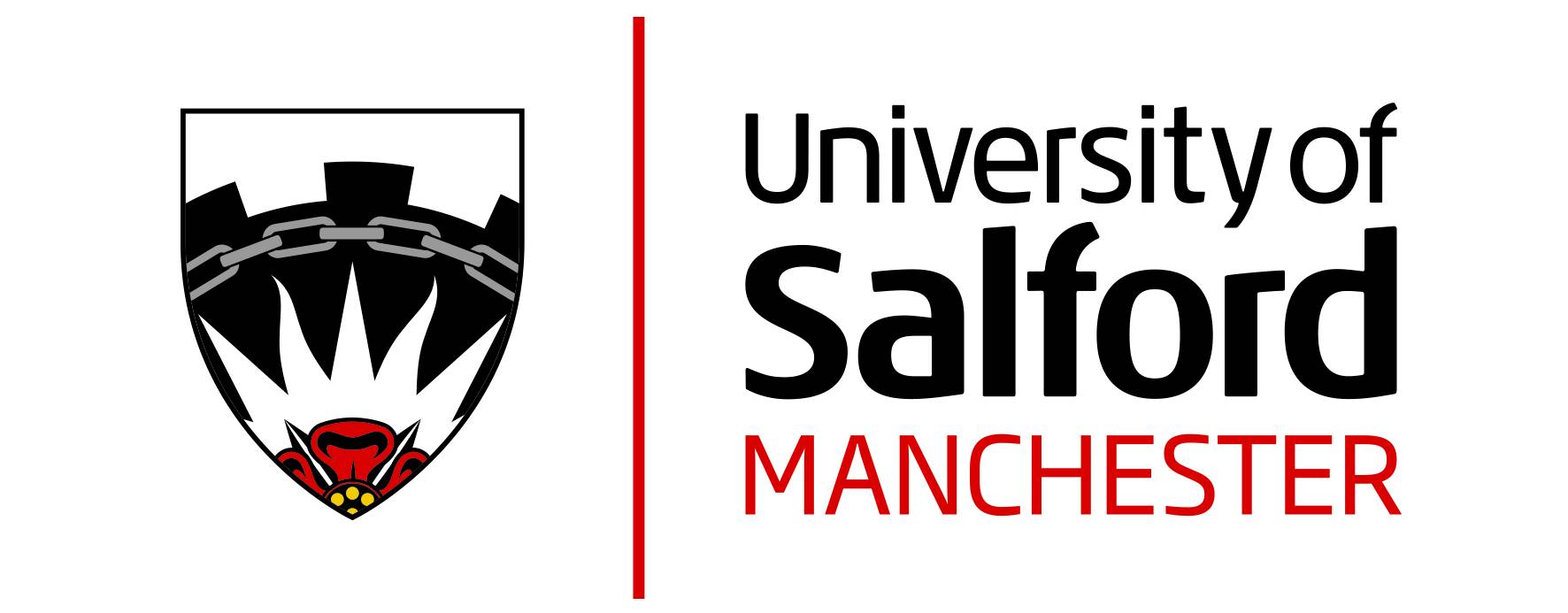Sports Science: Your Gateway to a Dynamic Global Career
Are you passionate about sports and eager to understand the science behind athletic performance, health, and well-being? A degree in Sports Science abroad offers Indian students an unparalleled opportunity to delve into this fascinating field, gaining world-class knowledge and practical skills that are highly sought after globally. This comprehensive guide will walk you through what to expect from a Sports Science program overseas, why it's an excellent choice for your career, and how it can shape your future.
What is Sports Science?
Sports Science is an interdisciplinary field that investigates how the healthy human body works during exercise, and how sport and physical activity promote health and prevent disease. It combines elements of physiology, psychology, biomechanics, nutrition, and exercise prescription. Studying Sports Science abroad means you'll be exposed to cutting-edge research, state-of-the-art facilities, and diverse methodologies used by leading experts in the field.
Why Study Sports Science Abroad?
Choosing to pursue your Sports Science degree internationally offers numerous benefits:
- Global Perspective: Gain insights into different sports cultures, training methodologies, and healthcare systems.
- Advanced Facilities: Access to cutting-edge laboratories, motion analysis systems, environmental chambers, and performance testing equipment often unavailable in India.
- Expert Faculty: Learn from world-renowned professors and researchers who are at the forefront of sports science innovation.
- Industry Connections: Opportunities for internships and networking with international sports organizations, professional teams, and research institutions.
- Enhanced Employability: A degree from a reputable international university significantly boosts your global career prospects.
- Personal Growth: Develop cross-cultural communication skills, independence, and a broader worldview.
Core Modules and Specializations
A typical Sports Science curriculum abroad is designed to provide a strong foundational understanding before allowing for specialization. While specific modules vary by institution, you can generally expect to cover:
Foundation Modules:
- Exercise Physiology: Understanding the body's response and adaptation to exercise.
- Biomechanics: Analyzing human movement and the mechanical principles governing sports performance.
- Sports Psychology: Exploring the mental aspects of sport, including motivation, anxiety, and performance enhancement.
- Nutrition for Sport and Exercise: The role of diet in optimizing performance, recovery, and health.
- Anatomy and Kinesiology: Detailed study of the human musculoskeletal system and its function.
- Research Methods and Statistics: Developing skills to design, conduct, and analyze scientific studies.
Specialization Areas (often offered in later years or as postgraduate options):
- Strength and Conditioning: Designing and implementing training programs for athletes.
- Sports Therapy and Rehabilitation: Preventing, diagnosing, and treating sports-related injuries.
- Performance Analysis: Using data and technology to assess and improve athletic performance.
- Sports Management and Marketing: The business side of the sports industry.
- Public Health and Physical Activity: Promoting physical activity for general health and disease prevention.
- Sport and Exercise Psychology: Advanced study of psychological factors influencing participation and performance.
Practical Experience and Research Opportunities
A hallmark of international Sports Science programs is their emphasis on practical application. You will often engage in:
- Laboratory Sessions: Hands-on experience with physiological testing, biomechanical analysis, and exercise prescription.
- Fieldwork: Applying theoretical knowledge in real-world sporting environments.
- Internships: Many programs offer invaluable internship opportunities with sports teams, fitness centers, research labs, or health organizations.
- Dissertation/Research Project: An independent research project in your final year, allowing you to contribute to the field.
Typical Course Structure (Example)
Below is a simplified example of a 3-year Bachelor's degree structure. Master's programs are typically 1-2 years and more specialized.
| Year | Core Modules (Examples) | Practical/Assessment |
|---|---|---|
| Year 1 | Introduction to Exercise Physiology, Foundations of Biomechanics, Sports Psychology Fundamentals, Anatomy & Kinesiology, Academic Skills for Sport Science | Lab reports, Essays, Presentations, Practical assessments |
| Year 2 | Advanced Exercise Physiology, Applied Biomechanics, Sports Nutrition, Research Methods in Sport Science, Strength & Conditioning Principles | Data analysis projects, Case studies, Practical lab exams, Mid-term reports |
| Year 3 | Sport & Exercise Psychology (Advanced), Performance Analysis, Sports Rehabilitation, Public Health & Physical Activity, Dissertation/Major Research Project | Dissertation, Practical coaching assessments, Final examinations, Internship reports |
Career Opportunities After Graduation
A degree in Sports Science opens doors to a diverse range of exciting career paths. Your international qualification will make you a competitive candidate in both the global and Indian job markets. Potential career roles include:
- Sports Scientist: Working with elite athletes or teams to optimize performance.
- Strength and Conditioning Coach: Designing and implementing training programs.
- Exercise Physiologist: Assessing fitness levels and prescribing exercise for health and rehabilitation.
- Sports Nutritionist: Advising athletes on dietary strategies.
- Sports Therapist/Rehabilitator: Preventing and treating sports injuries.
- Performance Analyst: Using data to provide tactical and technical insights.
- Health and Fitness Consultant: Promoting physical activity in the general population.
- Researcher: Contributing to scientific advancements in sport and exercise.
- Sports Coach: Applying scientific principles to coaching practices.
- Lecturer/Educator: Teaching in academic institutions.
Admission Requirements
While specific requirements vary by university and country, Indian students typically need:
- Academic Transcripts: Strong academic record (e.g., 12th standard results with a focus on science subjects).
- English Language Proficiency: IELTS (typically 6.0-7.0) or TOEFL scores.
- Statement of Purpose (SOP): A compelling essay explaining your interest in Sports Science and why you wish to study abroad.
- Letters of Recommendation (LORs): From teachers or mentors.
- Resume/CV: Detailing any relevant experience (e.g., sports participation, volunteer work).
- Interview: Some universities may require an interview.
Conclusion
Studying Sports Science abroad is more than just obtaining a degree; it's an immersive experience that will transform your understanding of human performance and health. For Indian students, it's an opportunity to gain a global perspective, access world-class resources, and build a foundation for a rewarding and impactful career in the dynamic field of sports. Embrace this exciting journey and become a part of the next generation of sports science innovators!



